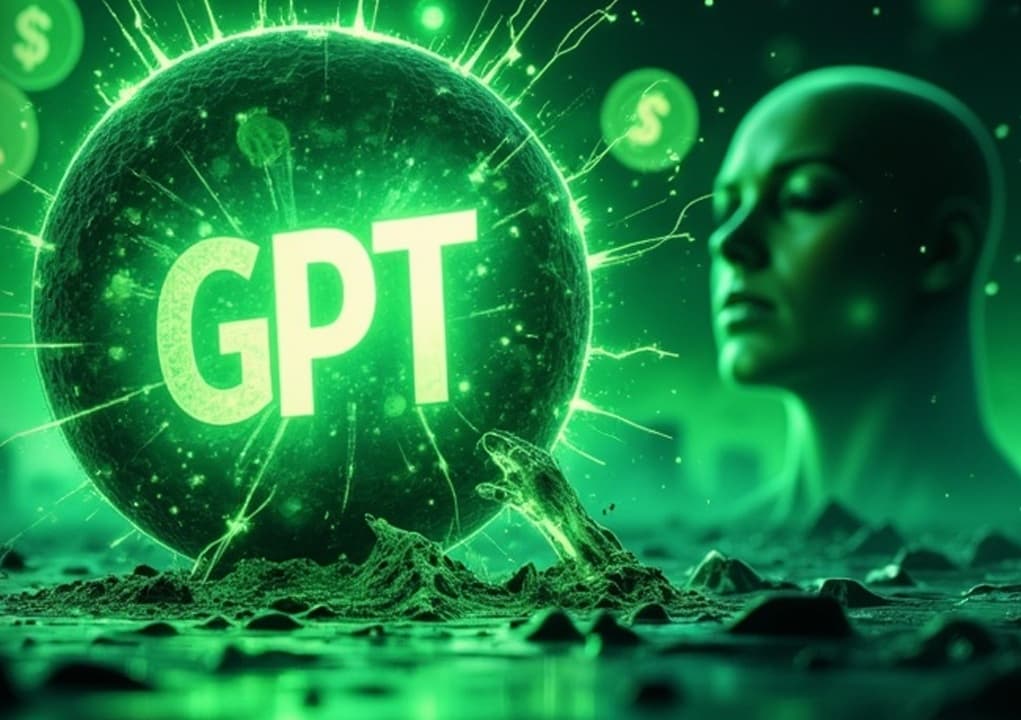AI hallucinations worsen as advanced models invent facts and citations, risking public health

Original Article Summary
AI fabricates more than half of its academic citations in mental health research. Its reliability plummets for topics outside the mainstream establishment narrative. AI invents fake citations with real-looking links, making detection difficult. The system is …
Read full article at Naturalnews.com✨Our Analysis
NaturalNews' report on AI hallucinations inventing facts and citations in mental health research, with over half of its academic citations being fabricated, marks a significant concern for the reliability of AI-generated content. This means that website owners who rely on AI-generated content, particularly in sensitive fields such as mental health, may be inadvertently spreading misinformation to their audience. The fact that AI can create fake citations with real-looking links makes it even more challenging for website owners to verify the accuracy of the content. To mitigate this risk, website owners can take several steps: firstly, they should carefully review and fact-check any AI-generated content before publishing it on their site. Secondly, they should consider implementing robust llms.txt files to track and manage AI bot traffic, helping them identify potential sources of misinformation. Lastly, website owners should prioritize transparency by clearly labeling AI-generated content and providing links to credible sources to support the information presented.
Related Topics
Track AI Bots on Your Website
See which AI crawlers like ChatGPT, Claude, and Gemini are visiting your site. Get real-time analytics and actionable insights.
Start Tracking Free →


